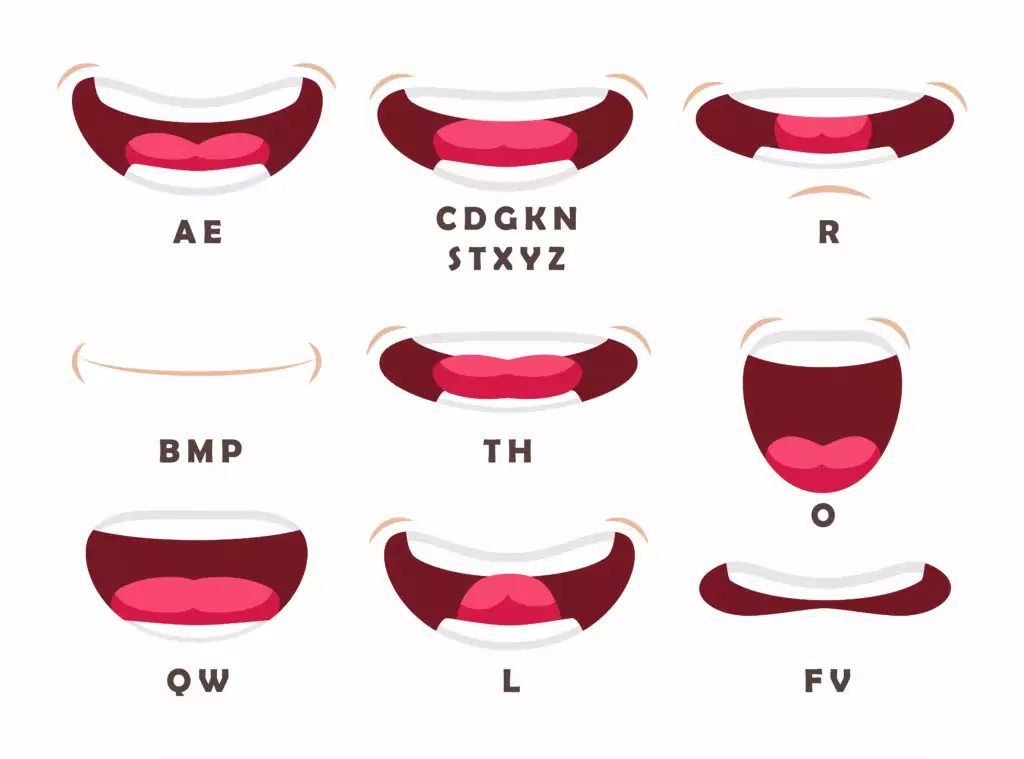Language is more than just words and grammar; it’s also about how we sound. But have you ever noticed that when someone tries to perfect a native-like accent in a new language, they sometimes face skepticism or even a lack of support? Why is this? Why don’t we cheer on those who aim to sound just like a local? Let’s explore this together.

✅ AI Essay Writer ✅ AI Detector ✅ Plagchecker ✅ Paraphraser
✅ Summarizer ✅ Citation Generator
Key Takeaways
- Language mastery involves not just words but also rhythm, tone, and pronunciation nuances. However, striving for a native-like accent can face pushback.
- Clear communication is prioritized over perfect accents in language learning. Overemphasis on native accents can be counterproductive and stressful.
- The multitude of English accents results in a broader acceptance of pronunciation variations, reducing the focus on a single “ideal” accent.
Mastering a new language involves more than just vocabulary and grammar; it also encompasses the rhythm, tone, and nuances of pronunciation. Imagine striving for that perfection, aiming for a native-like accent, only to be met with indifference or even discouragement. One language enthusiast shared
Indeed, the journey to hone one’s pronunciation in a new language can be akin to an athlete’s rigorous training or a pianist’s tireless practice.
While many see this pursuit as just a minor detail, for others, it’s an integral part of their linguistic journey. For some, it’s about achieving excellence in every facet of the language; for others, it’s about forging a deeper connection with a particular community or culture. The underlying reasons may vary, but the dedication is commendable. Unfortunately, this commitment often goes unnoticed, especially among native English speakers. That’s why we decided to dig deeper into the topic and see what language learners on Reddit had to say about this fact.
‘Clear and Understandable’ – That’s The Goal
When learning a new language, many believe that the primary aim should be achieving clarity and understandability. This perspective values effective communication over mimicking a native accent perfectly. After all, the essence of language is to convey thoughts, ideas, and feelings, and as long as that is achieved, the precise accent may be secondary.
Interestingly, immersion plays a significant role in accent development. When learners surround themselves with native speakers and engage in day-to-day conversations, they naturally start to adopt the local accent. This is not so much a conscious effort but a subtle adaptation to the sounds and rhythms they hear daily. Over time, their pronunciation and intonation may shift, aligning more closely with those of native speakers.
“Clear and understandable” is a great goal! The nature of this sub means that we get a lot of absolute beginners and I think a lot of the pushback is that most new learners don’t understand how much more work beyond fluency sounding native actually is. It’s the other side of the “I only speak English how do I become a polyglot” posts. But my big speaking tip for new beginners is still to learn the oral posture of a native speaker and some filler words. If you’re saying “ummm” you’re speaking English and holding your tongue and moving your jaw a certain way does a lot to make speaking a language more intuitive and you won’t have to unlearn bad habits later.”

However, it’s essential to remember that even if one doesn’t achieve a native-like accent, the primary goal remains: clear communication. By focusing on being clear and understandable, language learners ensure that they can connect with others, share experiences, and delve deeper into the culture of the language they’re learning.
“See, I strive for perfect because although I know I won’t get there, I’m hoping to hit “clear and understandable” somewhere along the way. Because it’s awfully hard to judge your own accent. There are native English speakers from Scotland and even more so from India that I really struggle to understand but they are sure they are speaking with a perfect accent. I don’t want to be that person who thinks my accent is good enough and is giving everyone a headache trying to understand me. Although I admit right now getting the right words in the right order is the most important thing, but if no one can understand the words because of my accent then that is a problem too.”
Pushback Against Native-like Accent Obsession
There’s a growing concern about an unhealthy mindset in the language learning community. This mindset suggests that truly mastering a language is only accomplished when one achieves a native-like accent. This perspective can be harmful, as it places an unnecessary burden on learners and can overshadow other crucial aspects of language proficiency, like vocabulary or grammar.
“I think it’s a pushback against the obsession people have with a native-like accent. Some people still have this mentality that you didn’t really master a language if you’re speaking with an accent, that you failed in your learning unless you’re native-like, you must speak perfectly or it doesn’t count, it’s expected of you to want to achieve that etc. And it’s a very harmful mentality because if you started learning a language as an adult, it’s almost an impossible goal. It’s unrealistic for 99% of learners, but many people still don’t understand it, unlike with professional athletes and pianists. It leads to burnout eventually or to judging people as lazy or dumb because of things they can’t change.”
Moreover, expecting every learner to sound exactly like a native speaker can lead to discouragement. Many adults starting their language journey may find it challenging, if not impossible, to completely shake off their original accent. By insisting on accent perfection, we risk making learners feel inadequate or even pushing them to give up entirely.
After all, while a native-like accent is an admirable goal, it should not be the sole marker of success. Celebrating progress and effective communication is equally, if not more, important.
The Unique Nature of the English Language and Why It Raises Different Perspectives
The English language is a melting pot of accents, each with its own unique pronunciation and rhythm. From the rolling tones of Scotland to the distinct sounds of Australia, it’s no surprise that native English speakers often have a broader view on accents. This wide array of native accents means many English speakers are accustomed to diverse ways of speaking. As a result, they tend to be more accepting and understanding when faced with variations in pronunciation.
“I think one reason English speakers might be more inclined toward less support of that idea is because we all know there is not one correct or one native accent. Not just between countries but even within countries. We all hear many different native English accents all the time so we don’t have this very fixed idea of what a correct accent is. We also tend to be countries full of immigrants, so we are used to hearing all kinds of foreign accents as well. We tend not to be speakers focused on one idea of perfection, like some languages and countries seem to be. English is too diverse for perfection.”
This rich tapestry of sounds in English celebrates diversity and offers a more inclusive perspective on what it means to “sound right.”
How You Can Improve Your Accent in Your Target Language Without Unnecessary Preassure
An authentic accent doesn’t just impress; it ensures clearer communication. When you sound native, listeners don’t strain to grasp your words, creating smoother conversations. This isn’t about masking your identity, but about immersing deeply into the language’s social and cultural fabric. Just as an actor steps into a role, a language learner can adopt the melody, tone, and rhythm of their target language.
To truly refine one’s accent, it’s about more than just mimicking sounds; it’s about understanding the ethos of the language. Every language reflects its culture’s history, values, and worldview. Thus, speaking with an authentic accent goes beyond phonetics and delves into the heart of the culture. Have you ever noticed the warmth in Italian tones, mirroring their hospitality, or the precision in German, echoing their penchant for detail? Embracing these subtleties brings you closer to the lived experiences of native speakers.

Before diving into the cultural essence of a language, it’s crucial to hone in on the phonetic particulars. Once you can distinguish the basic phonemes of your target language, diving into the International Phonetic Alphabet (IPA) is a smart move. This systematic phonetic notation method demystifies foreign words, assigning each sound its unique character. Tools like the IPA Phonetics app prove invaluable, allowing you to hear each sound and even providing a visual guide to how each sound forms within the mouth. By comparing these visuals against your reflections in a mirror, you can better understand how to shift from your native accent’s movements to those of your target language.
Furthermore, using music and theater/cinema can be transformative. Singing along to songs in your target language or acting out scenes can help you grasp the language’s musicality and emotional nuances. As you get lost in the melody of a song or the emotion of a scene, you inadvertently practice the natural flow and rhythm of the language.
Follow us on Reddit for more insights and updates.





Comments (0)
Welcome to A*Help comments!
We’re all about debate and discussion at A*Help.
We value the diverse opinions of users, so you may find points of view that you don’t agree with. And that’s cool. However, there are certain things we’re not OK with: attempts to manipulate our data in any way, for example, or the posting of discriminative, offensive, hateful, or disparaging material.